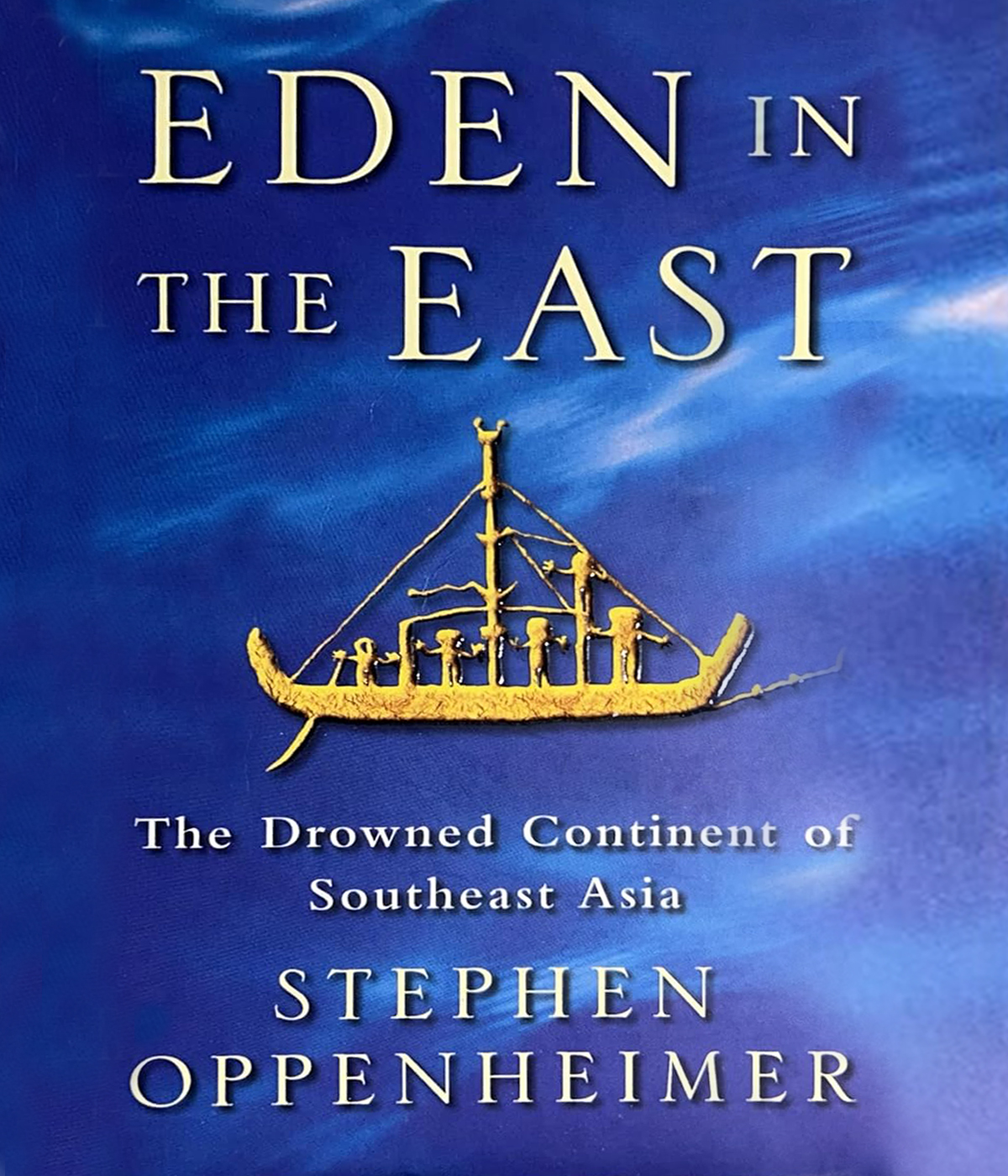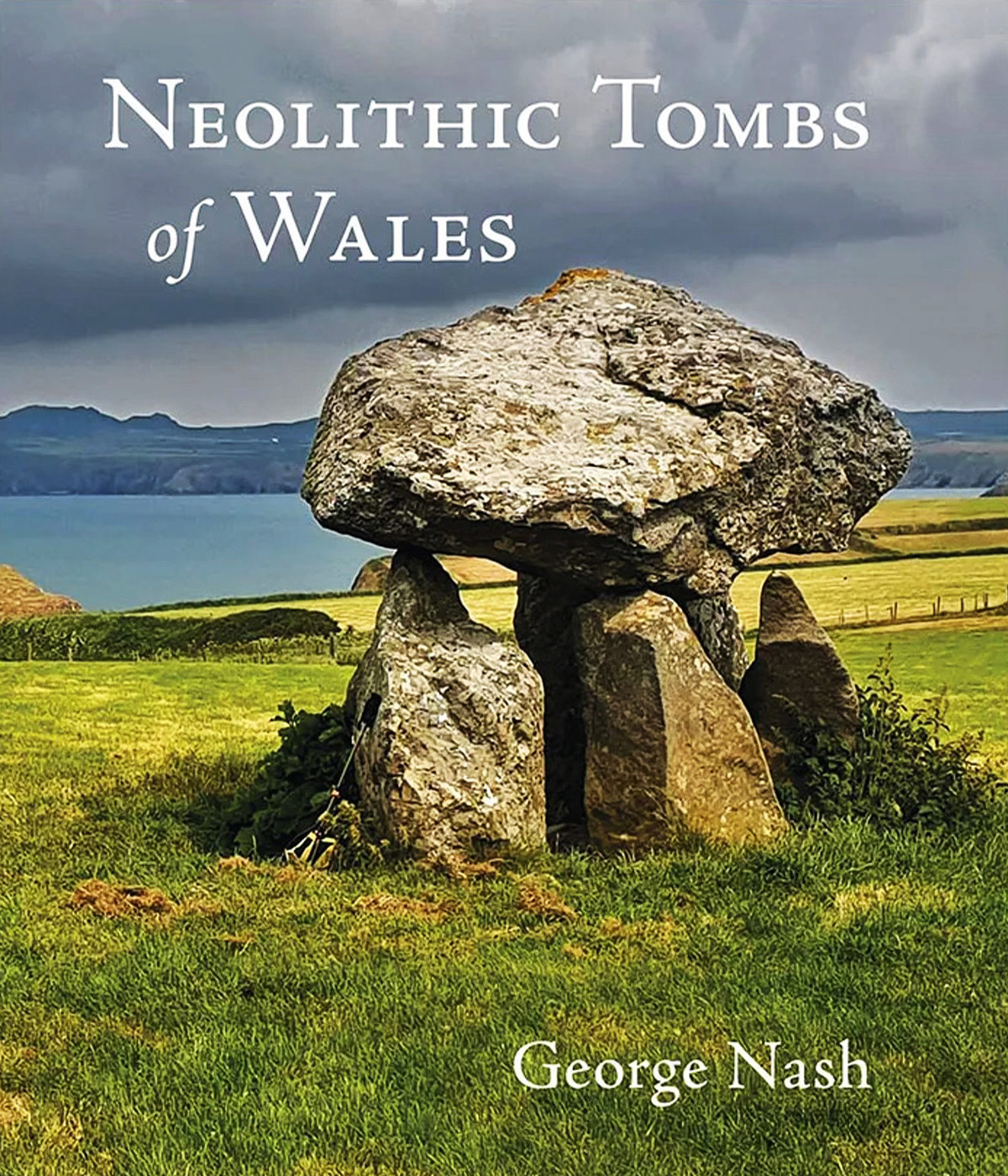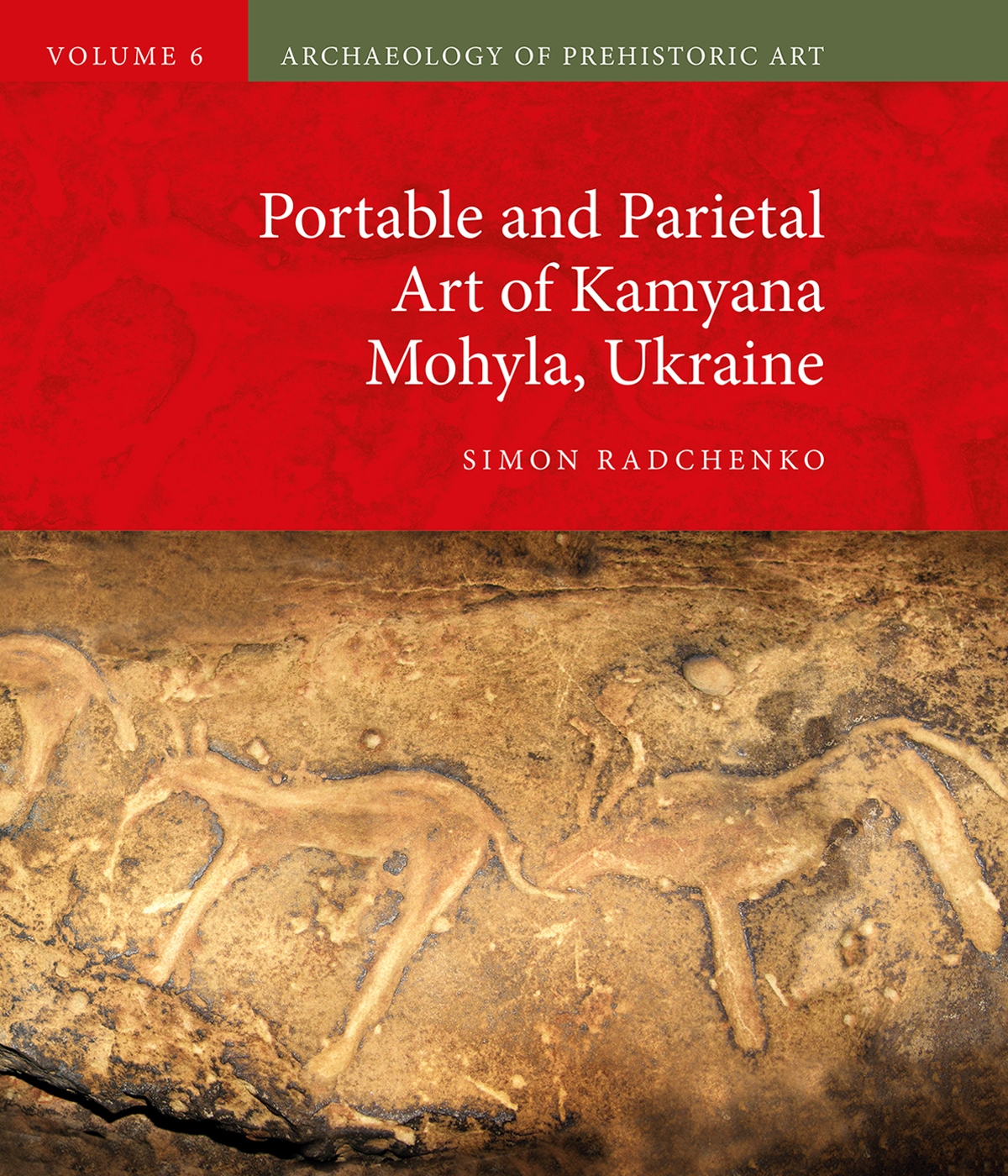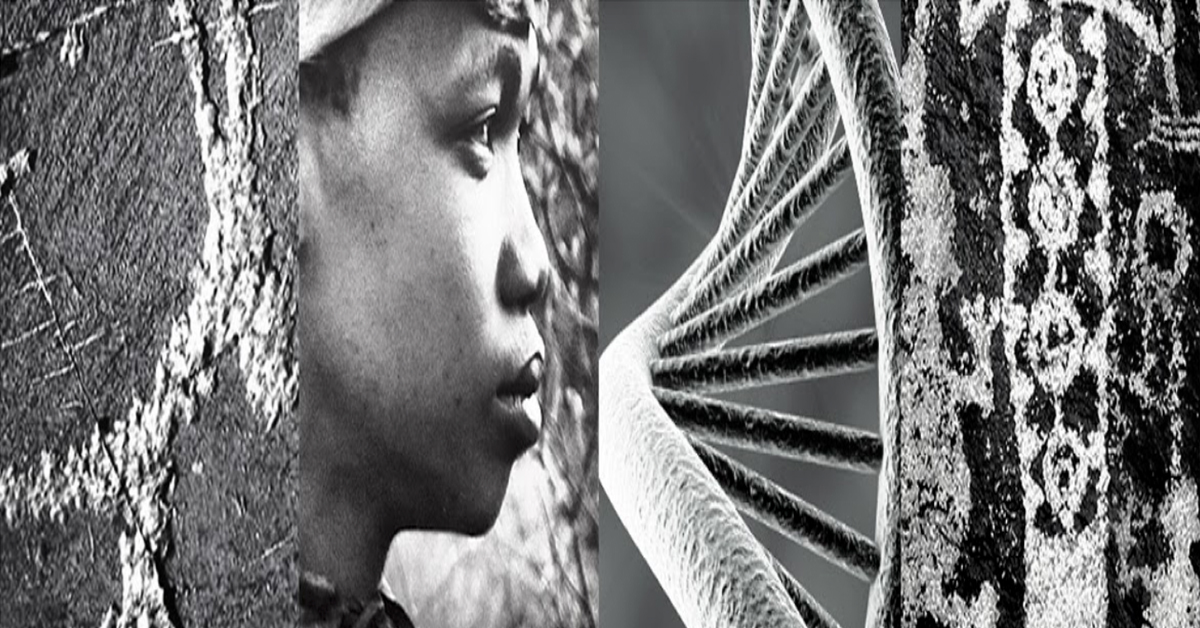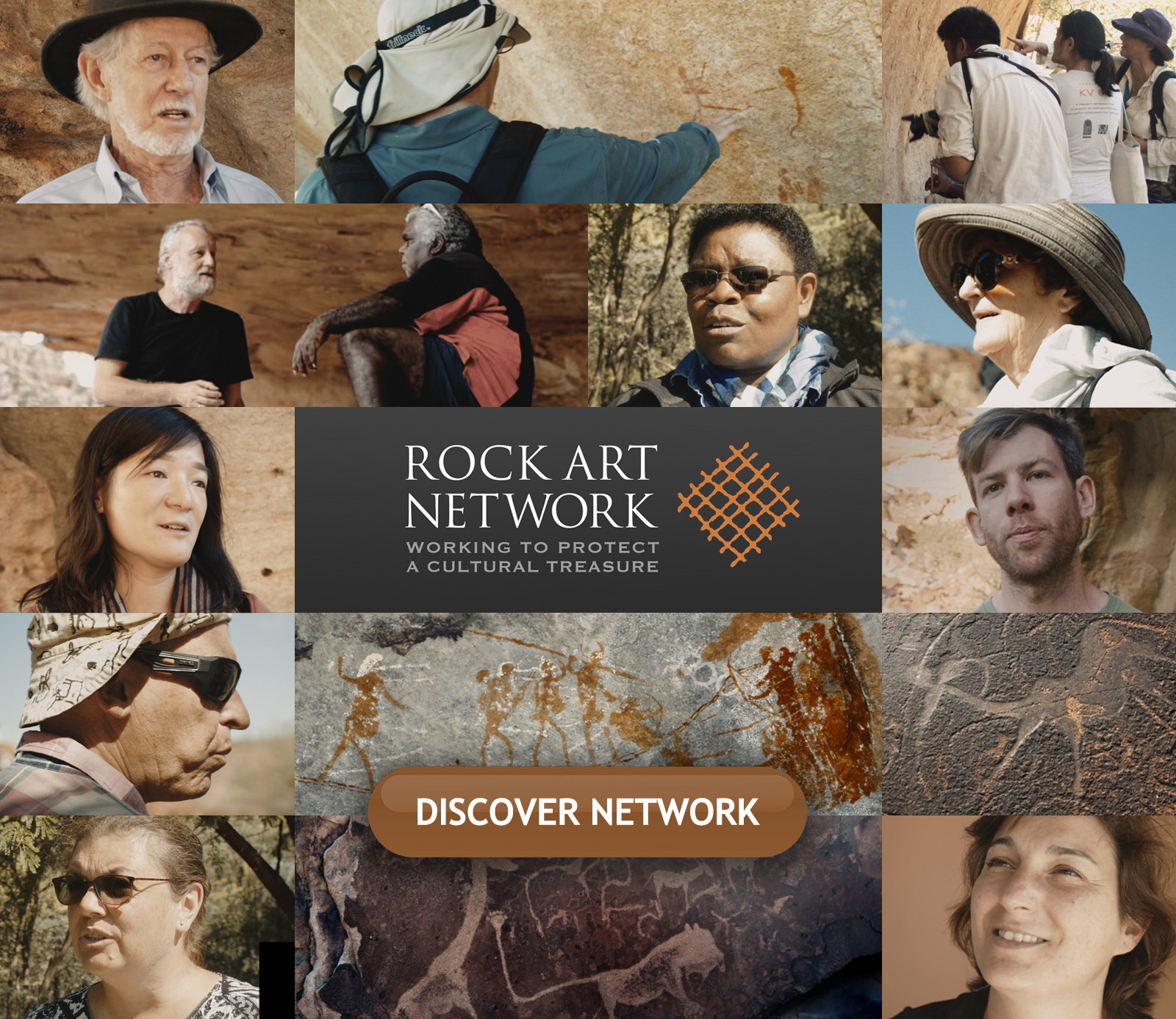


by Professor Stephen Oppenheimer
- Paperback 575 pages
- Publisher: Phoenix; New edition (1 July 1999)
- Language: English
- ISBN-10: 0753806797
- ISBN-13: 978-0753806791
Book Description:
The biblical flood really did occur - at the end of the last Ice Age. The Flood drowned for ever the huge continetal shelf of Southeast Asia, and caused a population dispersal which fertilized the Neolithic cultures of China, India, Mesopotamia, Egypt and the eastern Mediterranean, thus creating the first civilizations. The Polynesians did not come from China but from the islands of Southeast Asia. The domestication of rice was not in China but in the Malay Peninsula, 9,000 years ago. In this ground breaking new book Stephen Oppenheimer reveals how evidence from oceanography, archaeology, linguistics, genetics and folklore overwhelmingly suggests that the lost 'Eden' - the cradle of civilization - was not in the Middle East, as is usually supposed, but in the drowned continent of Southeast Asia.
'Eden in the East' overturns conventional ideas of the origins of western civilization in Mesopotamia. In this book I place Southeast Asia for the first time as the key to the first roots of civilisation. At the same time I provide scientific explanations for numerous, and previously unexplained, cultural links between early Eastern and Western cultures. Notable among these links are the hundreds of myths of a great flood which forced people into boats and left only a few survivors. I can now identify this flood as the dramatic rise in sea level at the end of the ice age that suddenly inundated vast areas of Eurasia. In other words the Biblical Flood really did occur. It had its most disastrous effects, however, in the continent of Southeast Asia - now a lost and half-sunken Eden.
As the Ice Age ended, there were three catastrophic and rapid rises in sea level. The last of these, which finished shortly before the start of civilization in Mesopotamia, may have been the one that was remembered. These three floods drowned the coastal cultures and all the flat continental shelves of Southeast Asia. As the sea rolled in, there was a mass emigration from the sinking continent. These flood-driven refugees, carried their domestic animals with them in large ocean-going canoes in all directions. The networks of sea trade, created by their settlements around the Indian Ocean, fertilized the Neolithic cultures of China, India, Mesopotamia and Egypt.
The Southeast Asian contributions to the building of the first cities in Mesopotamia may not have been solely technological. While they may have brought the new ideas and skills of megalithic construction cereal domestication, sea-faring, astronomy, navigation, trade and commerce, they may also have introduced the tools to harness and control the labour of the farmers and artisans. These included magic, religion, and concepts of state, kingship and social hierarchy.
While most alternative prehistories are based more on speculation than fact, I have found some very solid evidence; and have built on the work of specialists in many fields in addition to my own research, to support a comprehensive new picture.
The most solid facts come from oceanographic research of the last decade. It now appears that the great rise in sea level after the last ice age, known about for many years, was not gradual; three sudden ice-melts, the last of which was only 8000 years ago, had catastrophic effects on tropical coasts with flat continental shelves. Rapid land loss was compounded by superwaves, set off by cracks in the earth s crust as the weight of ice shifted to the seas.
Archaeology holds the most accurately dated clues to the past. I have devoted two chapters to archaeological evidence found on coasts and in caves throughout the Indo-Pacific region. All of the technological 'firsts' which signalled man's emergence from the long Palaeolithic era towards the end of the Ice Age come from the Pacific Rim islands. These include evidence of deliberate long-distance sailing and grinding of cereal flour in the Solomon islands from 30,000 years ago. The world's first pots, 12,500 years old, come from Japan. The first evidence that swamps were drained for agriculture comes from the New Guinea Highlands 9,000 years ago.
These snapshots hint at a much older history to the discovery of Neolithic skills in the East. The better archaeological preservation of the later stages of human development in Mesopotamia and Egypt, however, has given rise to the view that civilization started in the West.
I review the evidence of the spoken word in the two linguistic chapters. Experts in the history of language now recognise that Southeast Asia not Europe or West Asia was the centre of language dispersal at the end of the Ice Age. The ancestral language of the Micronesians and Polynesians did not come out of China, as has been recently assumed, but further south over 8000 years ago out of the drowning islands of Indonesia. As the Flood engulfed Indo- China and separated Sumatra from Malaysia the ancestral languages of the Khmers, whose descendants built Angkor Wat, moved west into India.
The most dramatic new findings in this book come out of my own research field. I have published more than 25 scientific papers on the genetic prehistory of the Indo-Pacific region over the past 15 years. Building on my initial work, in Eden in the East I have shown that genetic disorders can be used as people-markers revealing a new view of prehistoric migrations in the Indo-Pacific region. My latest finding, made in collaboration with the Oxford Institute of Molecular Medicine, was published in the American Journal of Human Genetics in October 1998. This paper arose directly out of my research for Eden in the East. It provides compelling evidence that Polynesians and other argonauts of the Indian and Pacific Oceans originated in eastern Indonesia back in the Ice Age rather than in China, as previously thought. This finding alone forces the realisation that the Polynesians' skills of sailing, navigation, astronomy and agriculture had their origins, back in Indonesia, during the Ice Age.
Another objective tool that I use to explore ancient East-West cultural influence in the last part of the book is comparative mythology. Uniquely shared folklore shows that counterparts and originals for nearly every Middle Eastern and European mythological archetype, including the Flood, can be found in the islands of eastern Indonesia and the southwest Pacific. Southeast Asia is revealed as the original Garden of Eden and the Flood as the force which drove people from Paradise.
My multidisciplinary approach to prehistoric enquiry has been recognised in the academic fields of linguistics and comparative folklore. I have been invited to present papers on my work on prehistory at international linguistic meetings. This year I contributed a chapter to a book on Flood myths in the Moluccas published by the Department of Languages and Cultures of Southeast Asia and Oceania, Leiden University (Netherlands).
Professor Stephen Oppenheimer:
Stephen Oppenheimer trained in medicine at Oxford and London universities, qualifying in 1971. From 1972 he worked as a clinical paediatrician, mainly in Malaysia, Nepal and Papua New Guinea. He carried out and published clinical research in the areas of nutrition, infectious disease (including malaria), and genetics, focussing on the interactions between nutrition, genetics and infection, in particular iron nutrition, thalassaemia and malaria. He returned to England in 1997, writing the book Eden in the East: the drowned continent of Southeast Asia, published in 1998. The book synthesised work across a range of disciplines, including oceanography, archaeology, linguistics, social anthropology and human genetics. He continued to write books and articles, and began a second career as a researcher and popular-science writer on human prehistory. He worked as consultant on two television documentary series, The Real Eve (Discovery Channel) and Out of Eden (Channel 4), and published a second book, Out of Eden: the Peopling of the World (retitled The Real Eve in USA). This was followed in 2006 by The Origins of the British: a genetic detective story, on the post-glacial peopling of Great Britain and Ireland. In 2009 he was consultant on the BBC TV series The Incredible Human Journey. Stephen Oppenheimer’s research forms the basis of the Bradshaw Foundation's Journey of Mankind Genetic Map, adapted from 'Out of Eden' / 'The Real Eve', and he is a member of the Foundation's Advisory Board.
→ Bradshaw Foundation - Book Review
→ Professor Stephen Oppenheimer
by Kate Winter
13 November 2025 Book Review Archive
→ Neolithic Tombs of Wales
by George Nash
19 November 2024
by Simon Radchenko
22 May 2024
by Meenakshi Dubey-Pathak and Jean Clottes
10 November 2023
by Paola Demattè
12 January 2023
by Paul Pettitt
10 November 2022
by George Nash
19 November 2024
by Simon Radchenko
22 May 2024
by Meenakshi Dubey-Pathak and Jean Clottes
10 November 2023
by Paola Demattè
12 January 2023
by Paul Pettitt
10 November 2022
Friend of the Foundation
by George Nash
19 November 2024
by Simon Radchenko
22 May 2024
by Meenakshi Dubey-Pathak and Jean Clottes
10 November 2023
by Paola Demattè
12 January 2023
by Paul Pettitt
10 November 2022

